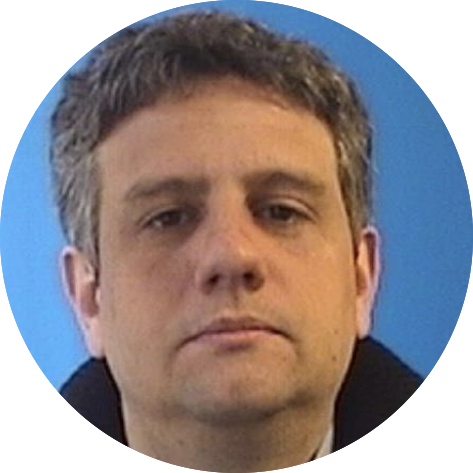Ciprian Catana, MD, PHD Director of Integrated PET/MR Imaging Athinoula…
Pedro Moreira, PhD: Towards Data-driven MRI-guided Prostate Interventions

Pedro Moreira, PhD
Research fellow in Radiology
Brigham and Women’s Hospital, Harvard Medical School
Abstract
Prostate cancer (PCa) is the most common cancer in men, with more than 170,000 estimated new cases in the US yearly. Magnetic Resonance Imaging (MRI) of the prostate is continuously evolving and has become an essential tool for localization and staging of PCa. The growing role of MRI in the diagnosis of PCa also prompted physicians to guide tissue sampling and focal ablation of PCa, either by using an MRI-ultrasound fusion system or performing the procedure in the MRI’s gantry. While MRI-guidance helps physicians to localize targets during the intervention, the accurate placement of biopsy/ablation needles to the given targets remains a major technical hurdle, mostly due to the deviation of needles induced by the needle-tissue interaction. In this talk, I will overview our effort to improve the accuracy of MRI-guided prostate biopsy and cryoablation using computational and robotics technologies. Our unique clinical research environment allowed us to capture what exactly happens when the needle is being placed in the patient providing a better understanding of the needle-tissue interaction. The findings from our analysis will potentially open the opportunity for a data-driven approach to achieve personalized targeting, where the needle placement plan is customized for each patient to minimize the deviation of needles.
Short Bio
Pedro’s research is focused on MRI-guided prostate interventions and MRI-compatible robots. Pedro was a Postdoctoral fellow in the Surgical Robotics Laboratory at the University of Twente (The Netherlands), where he investigated different ways to steer a super flexible needle inside soft-tissues. He received his PhD degree in Automatic Systems and Microelectronics from the University of Montpellier (France) and an M.Sc. degree in Electrical Engineering from the Federal University of Rio de Janeiro (Brazil). In addition to his research on medical robotics, Pedro worked for six years at the Electric Power Research Center in Brazil.